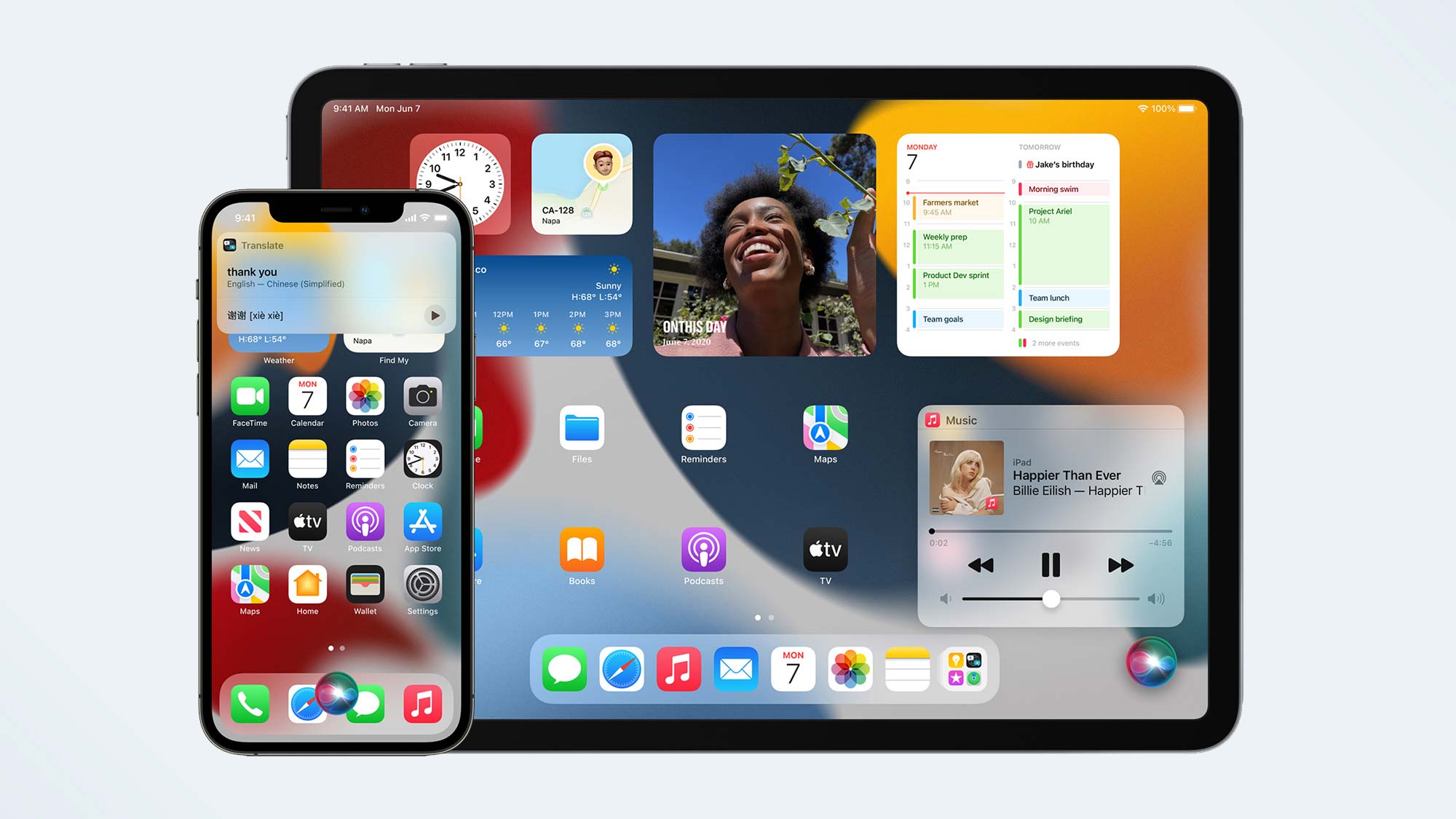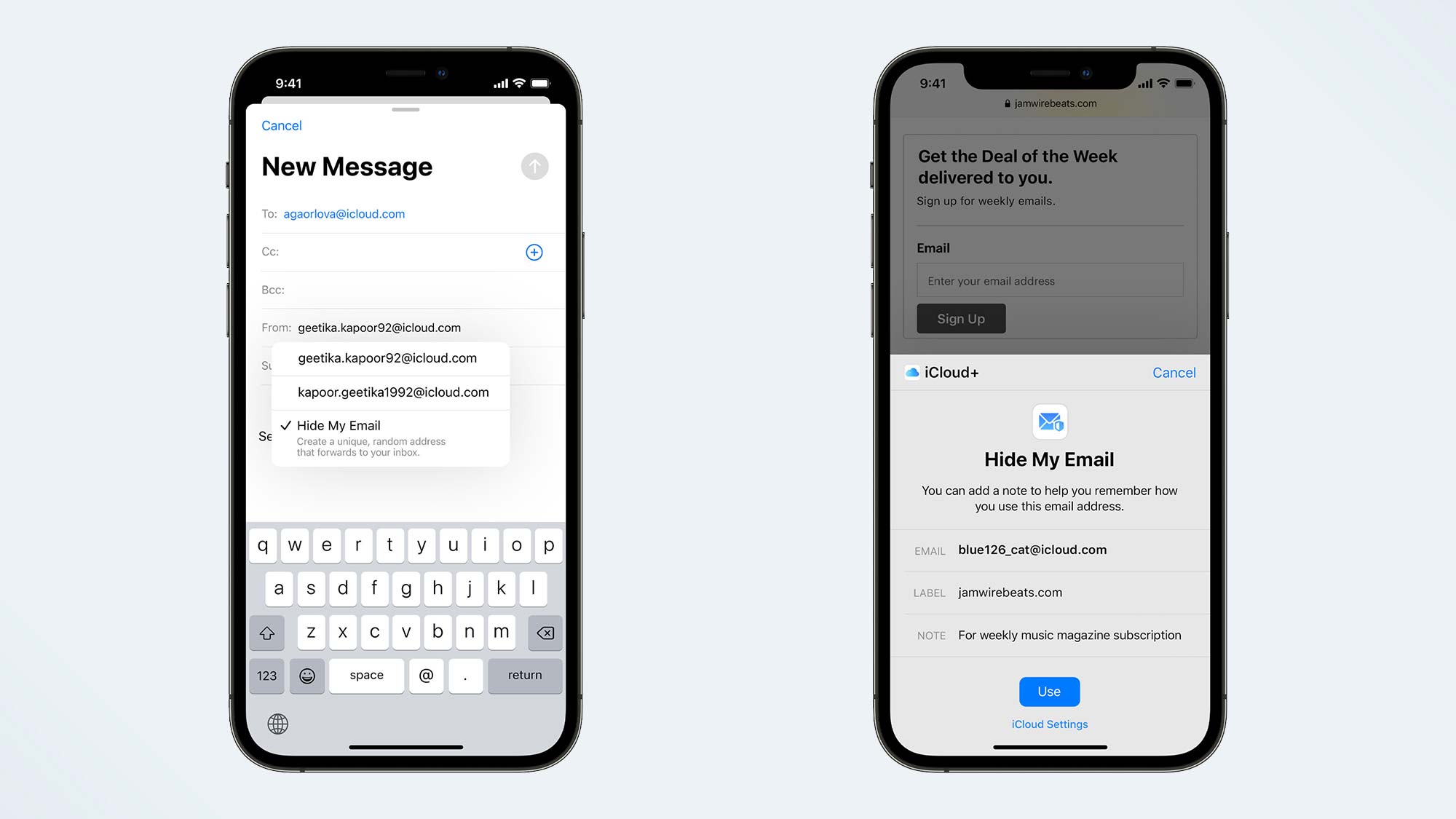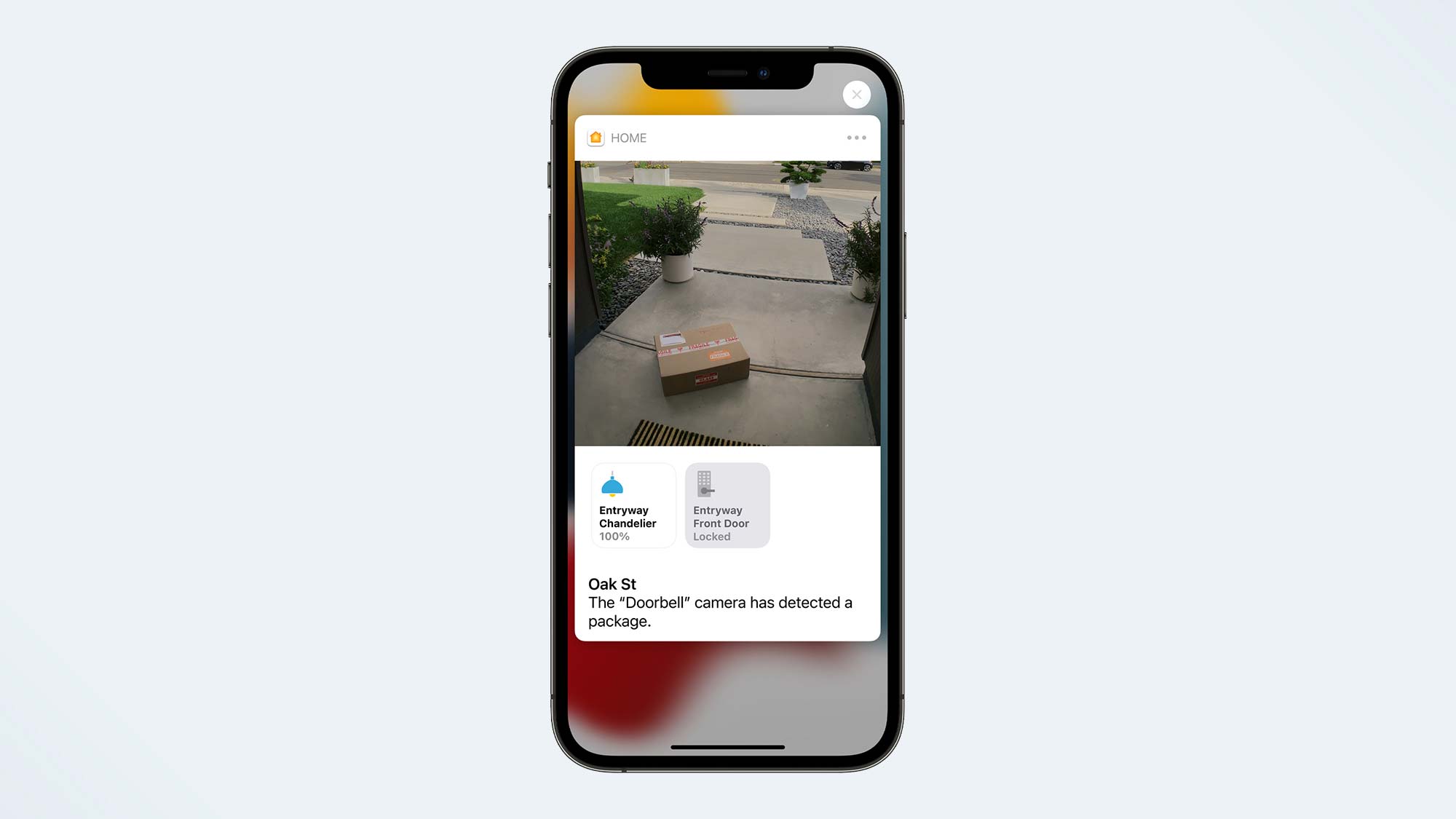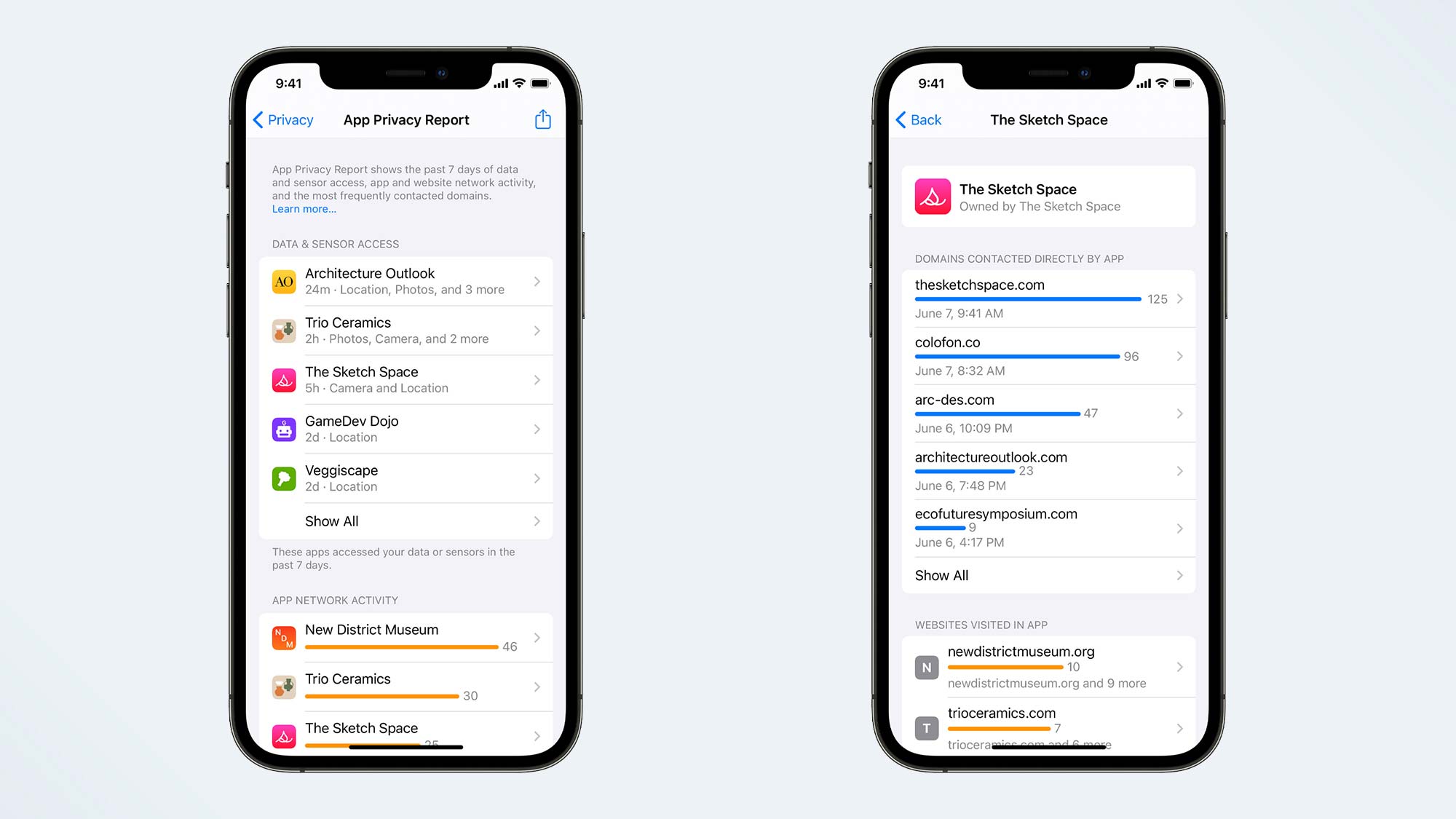To get iOS 15's best privacy features, Apple wants you to pay
Apple has locked iOS 15’s best privacy features behind a paywall

With the latest iOS 15 update, iPhones are about to become even more private -- as long as you pay.
Apple has always been the most vocal and scathing proponent of data privacy. Over the last few years, the company has actively criticized its competition (including Google) over its invasive tracking practices and marketed privacy as the iPhone’s headlining feature on giant billboards.
“Privacy is a fundamental human right,” Apple’s CEO, Tim Cook has said repeatedly. It was reiterated by the iPhone maker’s senior software executive, Craig Federighi right before he introduced a series of new privacy tools at WWDC 2021. Even in its privacy policy, Apple emphasizes that it designs its products and services “according to the principle of privacy by default.”
At WWDC 2021, however, Apple turned a page on how it capitalizes on its reputation as a privacy-first manufacturer. Providing first-class privacy is no longer solely to drive sales for iPhones and Macs; the company’s now taking advantage of it to boost service revenue.

Two of iOS 15’s most significant privacy updates -- Private Relay and Hide My Email -- are exclusively available for those who pay for Apple’s iCloud+ subscription, which costs at least a dollar a month. The base plan also gets you an additional 50GB of cloud space and HomeKit Secure Video for one camera.
Hide My Email lets you share randomly generated email addresses that automatically forward to your inbox so you can avoid handing out personal credentials. From a dashboard, you can choose to disable these disposable addresses at any time and instantly cut out messages from a sender. It’s a clever feature that many will find useful given how often we punch in our email address to sign up for a new service.
Private Relay, on the other hand, has the potential to conceal your identity from the sneakiest trackers. When enabled, it encrypts whatever data you’re beaming over a connected network so that no one between you and the website -- not even your internet service provider -- can read it. It anonymizes your device’s unique ID and functions similar to a Virtual Private Network, although you can’t choose the region you’re browsing from to access location-exclusive content on, say, Netflix.
Stay in the know with Laptop Mag
Get our in-depth reviews, helpful tips, great deals, and the biggest news stories delivered to your inbox.

Apple has been attempting to reduce its dependency on hardware profits, most notably the iPhone which is responsible for more than half of the company’s revenue. In search for its next key cash source, Apple pivoted to services like TV+ and Music and the bet appears to have paid off.
Privacy-first features could be that catalyst Apple needs to propel its service business by leaps and bounds. And at a dollar a month, it likely won’t be a hard sell especially for people for whom privacy plays a vital role in picking their next smartphone or cloud storage service, which is quite a lot of folks as per a PwC report.
“Privacy cannot be a luxury good”
Apple could, however, face criticism for this move from the competition. In a New York Times op-ed, Google’s Sundar Pichai defended the company’s approach by claiming it wants privacy and its services to be accessible for everyone -- unlike Apple. He indirectly responded to Tim Cook’s increasingly regular critical remarks, by saying Apple only offers a private experience to people who can afford to buy premium products and services. Apple’s new paid privacy tools will inevitably fuel such arguments.
By no means, though, does Apple’s decision to put a price tag on some of iOS 15’s features undermine the rest of its latest privacy efforts.

On iOS 15, iPhone users will have access to a new “App Privacy Report” section that lets them easily keep tabs on how often each app has used the permission so they can take action if they wish. In addition, whatever you say to Siri will no longer leave your device and all the computations will soon happen locally on your iPhone. Apple’s own Mail app will now also prevent marketers from tracking from what location you’ve opened an email with hidden invisible pixels in the message body.
Irrespective of Apple’s business interests, the iPhone now comes equipped with some of the strongest privacy protections you can have and a tiny fee may enable the company to democratize advanced security tools like a VPN. Hopefully, this renewed strategy won’t mean that all of the iPhone’s best privacy options will go behind a paywall in the future.
iOS 15’s developer preview is now available and it’s expected to roll out publicly sometime in September.
Shubham Agarwal is a freelance technology journalist from Ahmedabad, India. His work has previously appeared in Business Insider, Fast Company, HuffPost, and more. You can reach out to him on Twitter.
